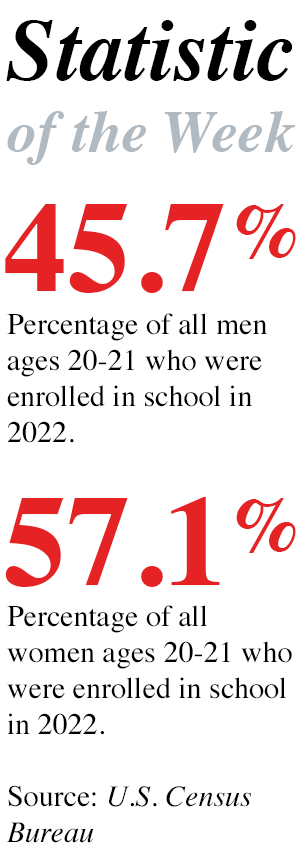Study Shows How Evaluators’ Gender Biases Can Be Reduced
Posted on Oct 20, 2021 | Comments 0

Dr. Gertsberg
A new study by Tristan Botelho, an assistant professor of organizational behavior at the Yale School of Management, and Marina Gertsberg, an assistant professor of finance in the business school at Monash University in Melbourne, Australia, examined more than 1.6 million Yelp reviews of more than 50,000 restaurants in 11 urban areas from 2004 to 2017. In general, they found a bias in favor of male servers. Women were more likely than men to receive just one star in approval ratings and were less likely than men to get the highest five-star rating.
But the authors found that among reviewers who had received an “Elite” designation from Yelp, the gender gap in their reviews became smaller after being recognized. The award may have drawn attention to the reviewer, motivating them to judge their dining experiences more fairly. “There’s a spotlight on them,” says Dr. Botelho. “That might actually make you stop paying attention to things that you shouldn’t have paid attention to in the first place,” such as gender.
How can organizations translate the team’s findings to the workplace? The authors recommend that when someone wants to reject a job applicant or deny a promotion, they could be required to justify their decision in a group meeting. “Try to move them away from using indicators unrelated to the candidate’s quality,” Dr. Botelho says, and toward criteria “that are tangible, that can be defendable.” Increasing accountability for these judgments “is not going to eliminate bias, but it’s going to start stripping away the likelihood that individual biases are going to creep in.”
The study, “The Disciplining Effect of Status: Evaluator Status Awards and Observed Gender Bias in Evaluations,” will be published in the journal Management Science.
Filed Under: Research/Study








